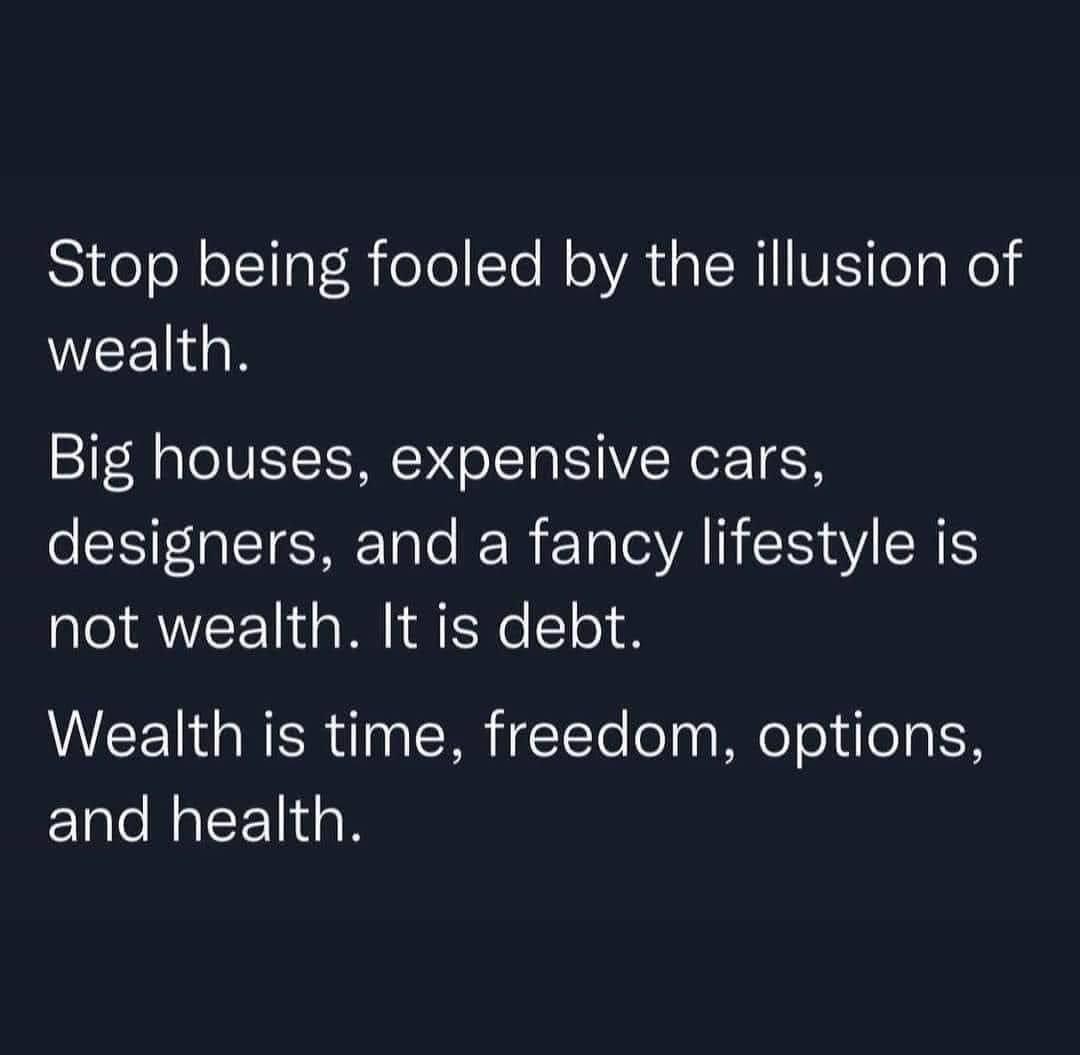
I am struck by the answers autistic people give to their idea of heaven, freedom, and happiness. The answers tend to be totally lacking in positive content and are instead characterised by absence – the absence of stress, the absense of external pressure, the absence of uncomprehending others, the absence of anxiety. Just absence.
The world of ‘things’– including people experienced as things – can bring so much energy-sapping anxiety that autistic people can see its absence as the height of their dreams and visions: Heaven is the absence of Hell.
So what is wealth?
Wealth is life, answered John Ruskin.
Which begs another question: what is life?
Life for an autistic person is very different to life for a ‘normal’ person. Or, more accurately, it is the same life experienced at greater levels of intensity. It is life at extremes. An autistic person seeks to live life at their own pace and in their own space. There is a greater emphasis on inner resources and less reliance on external things. The external things which people tend to count as wealth and hence seek to accumulate and possess are things which autistic people see as bringing stress- and anxiety-inducing uncertainty; they are things which autistic people seek to insulate themselves from and divest themselves of. External things bring connection with a world of people and forces that autistic people find debilitating. It would be interesting to explore the relationship between the words “autism” and “autonomy.” An autistic person is in his or her own time and space. It should be no surprise, then, that an autistic person would come to identify wealth with the time and space that permits a person to become and be what they are. Wealth is autonomy, an independence that cuts reliance upon external forces, events, and others to a bare minimum.

